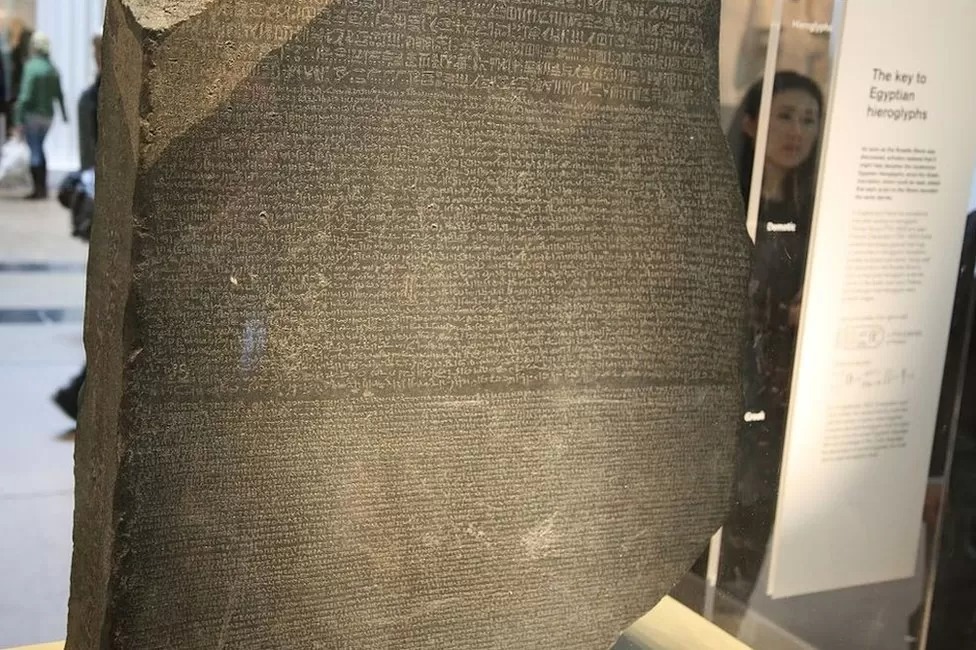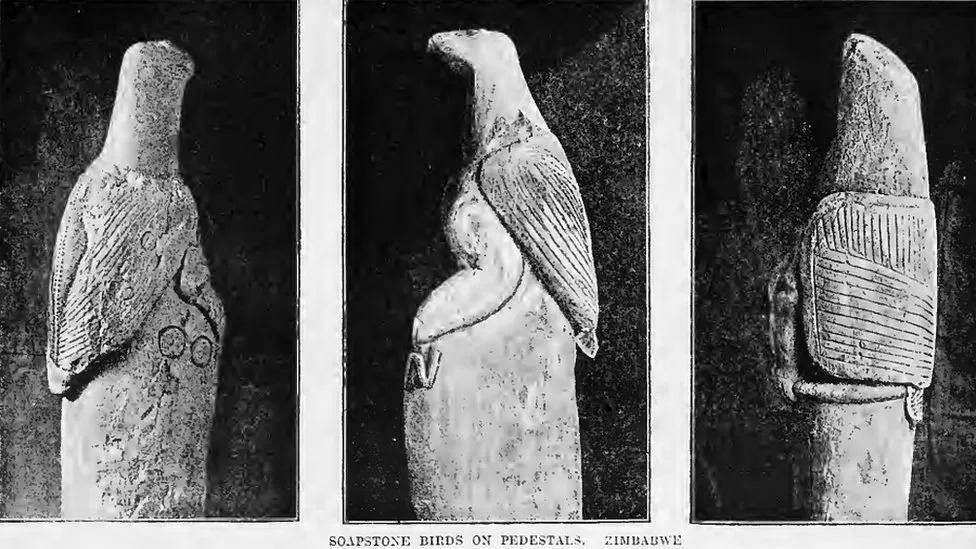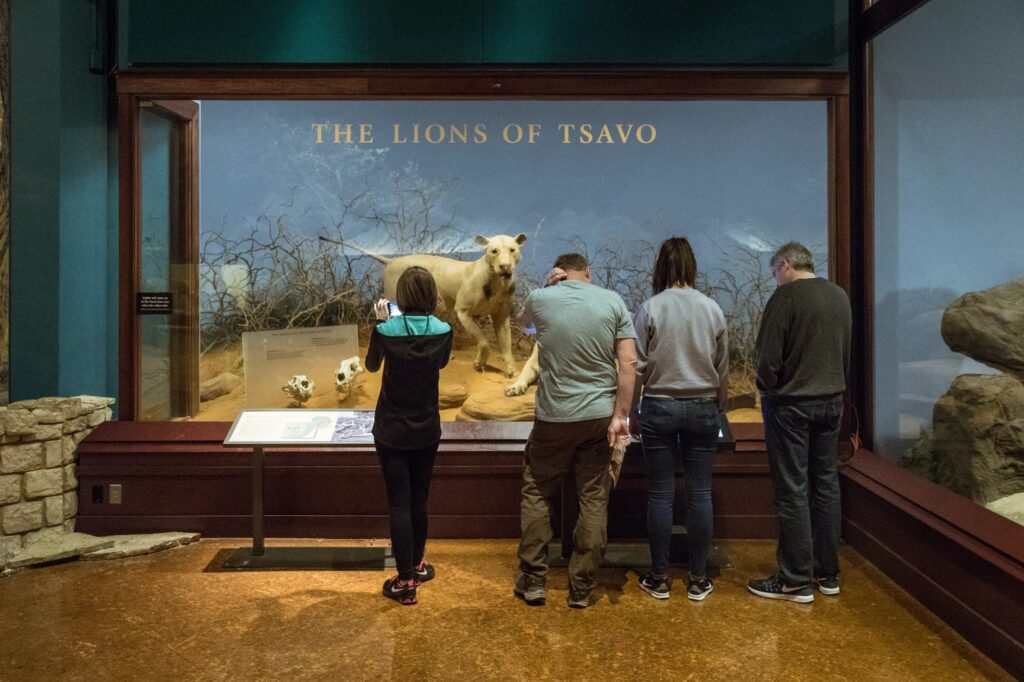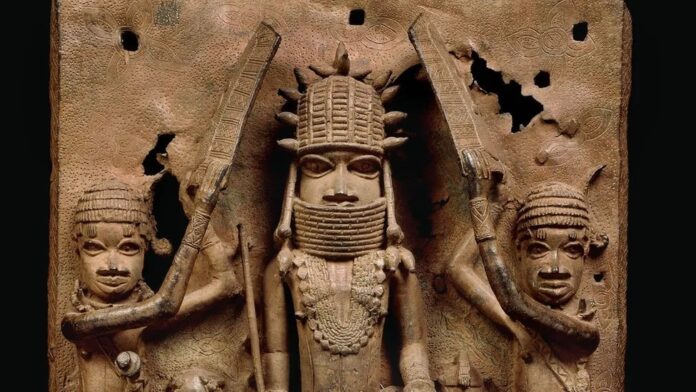The question of where Africa’s treasures truly belong resonates as a complex and contentious issue, intertwining considerations of history, colonialism, cultural heritage, and international relations.
The historical context described unveils a narrative where European colonial powers, during the era of colonialism, not only took but often denigrated the rich cultures and civilizations of the African continent.

Colonial Plunder: The colonial period witnessed a systematic removal of African artifacts, sculptures, and cultural treasures from their rightful places, transported thousands of miles away to Europe. This act, largely bereft of proper consent or an understanding of the profound cultural significance of these objects, was characterized by colonization, theft, and exploitation.
Rising Voices for Repatriation: In recent times, a groundswell of awareness and advocacy has emerged, championing the repatriation of these cultural artifacts to their countries of origin. Many African nations and passionate activists contend that these artifacts are not mere exhibits but integral components of their cultural heritage, demanding their rightful return. The presence of these treasures in Western museums serves as a stark reminder of historical injustices and power imbalances that defined the colonial era.

Engaging in Dialogue: Western museums and institutions are slowly responding to the growing demands for repatriation and restitution. Meaningful discussions have begun, revolving around questions of ownership, ethical stewardship, and the imperative to preserve cultural heritage. Progress has been made in some instances, but the process remains fraught with ongoing dialogue and negotiation, reflecting the intricacies of the issue at hand.
The Subjectivity of Belonging: The question of where Africa’s treasures truly belong is inherently subjective, requiring a delicate navigation through the complexities of history, cultural understanding, and the ethical responsibilities tied to holding and displaying cultural artifacts. It is a discussion that continually evolves as societies reassess their perspectives on cultural heritage and the enduring legacies of colonialism.

The journey toward repatriation represents more than the physical return of artifacts; it embodies a collective effort to rectify historical wrongs, restore cultural dignity, and foster a global understanding rooted in respect and equality. As the dialogue continues, it becomes a catalyst for broader conversations about our shared humanity and the imperative to acknowledge and rectify the injustices of the past. In contemplating where Africa’s treasures truly belong, we embark on a path towards reconciliation, appreciation, and a more inclusive interpretation of our shared cultural tapestry.

